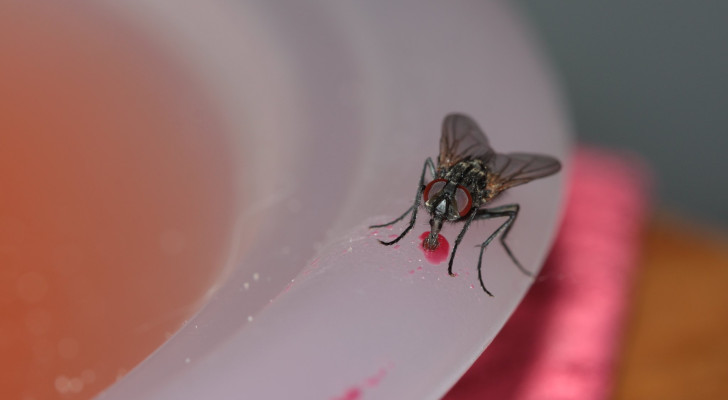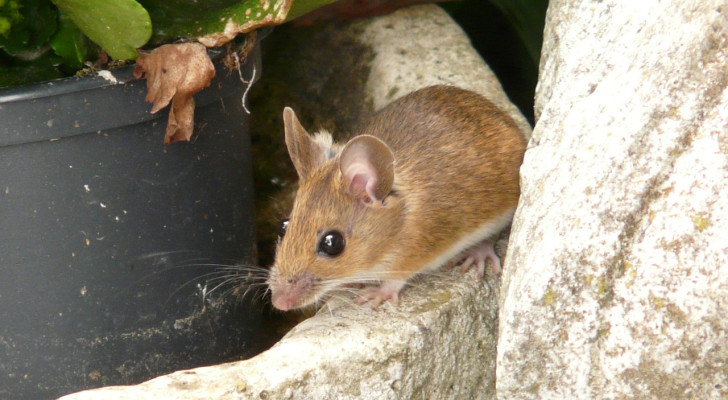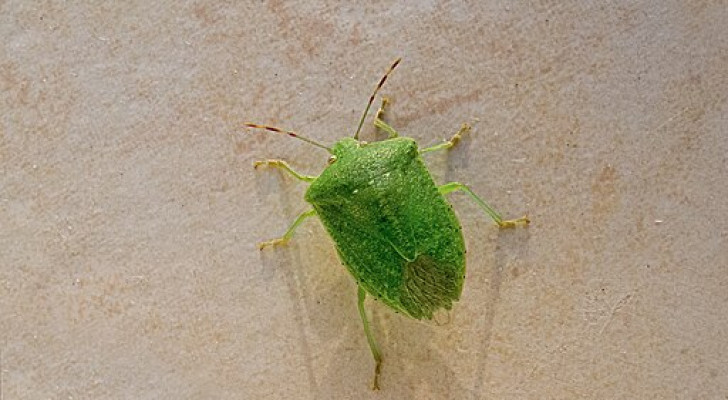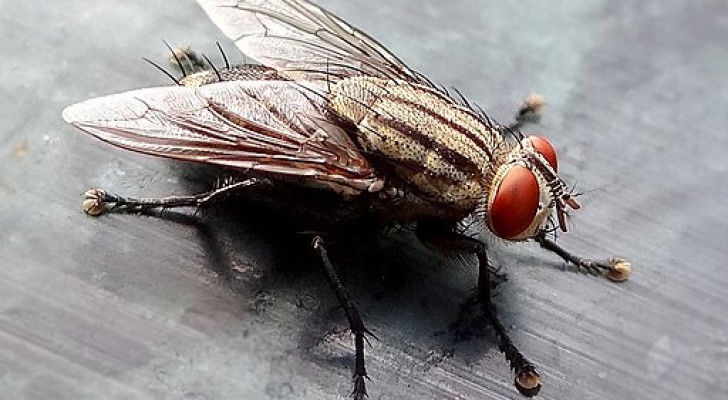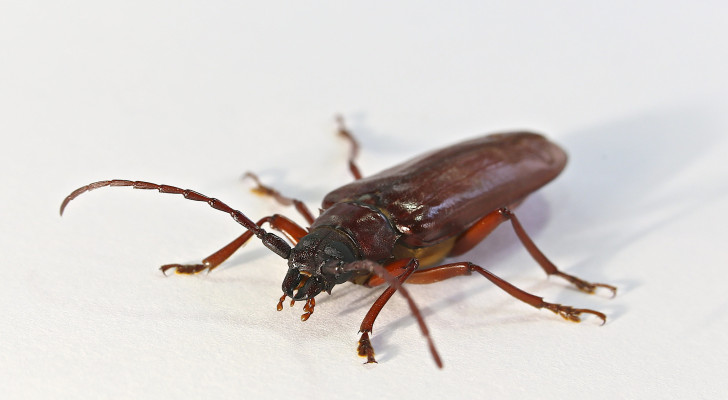Ground wasps: effective, all-natural ways to eliminate this pest from your garden
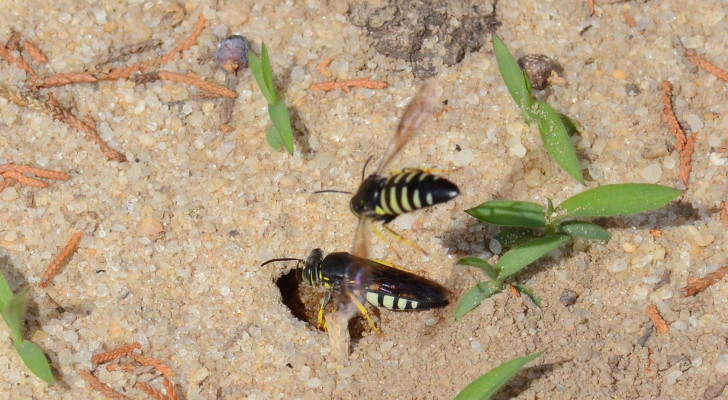
SCInspector/Flickr
Ground wasps or digger wasps are insects that dig tunnels and nest in the ground. There's a number of different species of ground wasps and each has different characteristics and habits. It's important to learn to distinguish between these different ground wasp species in order to deal with them appropriately - especially because some species are more aggressive than others.
So, how can we identify and eliminate ground wasps? And is it possible to do this using all-natural methods? Well, check out this short guide:
Sphecidae - digger wasps
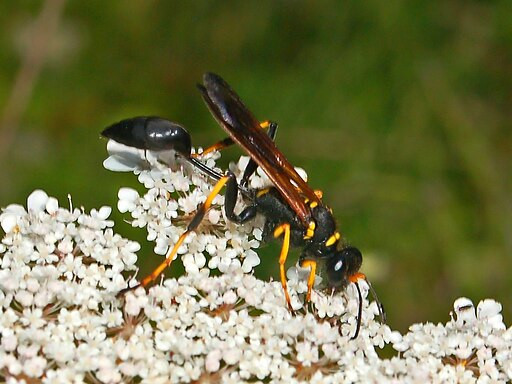
Hectonichus/Wikimedia Commons
The Sphecidae wasp family is composed of numerous species of solitary wasps whose larvae feed on insects, while the adults feed on nectar and are excellent pollinators.
The adults capture their prey (usually crickets and grasshoppers) by immobilizing them, transporting them to their nests and laying their eggs on top of them. The larvae grow inside the nest, while feeding on these insects.
The females build the nest and take care of their larvae by themselves. Whilst being solitary, it is possible to find several Sphecidae nests near each other, and they look like small mounds with an entry hole which is roughly the diameter of a pencil.
Sphecidae are harmless and some species do not even have a stinger. Those Sphecidae species that do have stingers will only attack if their nests are threatened.
You can recognize Sphecidae wasps by their predominantly black coloring, and some species also have red or yellow stripes.
German wasp
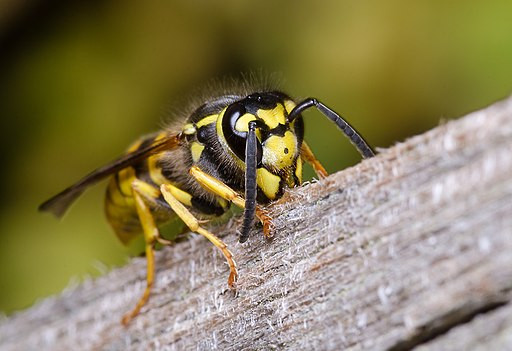
pjt56 ---/Wikimedia Commons
Very different from Sphecidae, the German wasp (Vespula germanica) is a close relative of the common wasp and sometimes also nests in the ground. The main difference from Sphecidae wasps, is the German wasps' habit of building colonies with a fixed hierarchy.
The queen German wasp establishes a colony in early spring, usually in an abandoned mouse or mole burrow, building brood cells with pieces of wood. The larvae feed on insect pulp and meat scraps which the adults gather.
Adult German wasps feed mainly on sugary fruit and are considered a pest for fruit tree crops (although they are also considered to be pollinators).
Unlike Sphecidae, the German wasp is very aggressive and should be approached cautiously.
Eliminate ground wasps with all-natural methods
While it is always best to seek professional help in the event of a serious infestation, you can help prevent nascent "invasions" from happening using all-natural methods:
- Since Sphecidae prefer dry and sandy soil, watering your lawn frequently will discourage them from nesting;
- Aromatic plants: Some aromatic plants - such as mint and citronella - are natural repellents to wasps and you can use these plants to keep them at bay. Place these plants near spots where wasps usually nest or dilute a few drops of mint/citronella essential oil in water and spray this on the target areas;
- Repellent plants: Geranium and absinthe are also two plant species that will repel both mosquitoes and wasps;
- Coffee: The smell of burnt coffee is unpleasant for wasps and you can use burnt coffee grounds as an all-natural wasp repellent. Once burnt, sprinkle the coffee grounds around the appropriate spots in your garden.
What methods do you know of for eliminating wasps?
